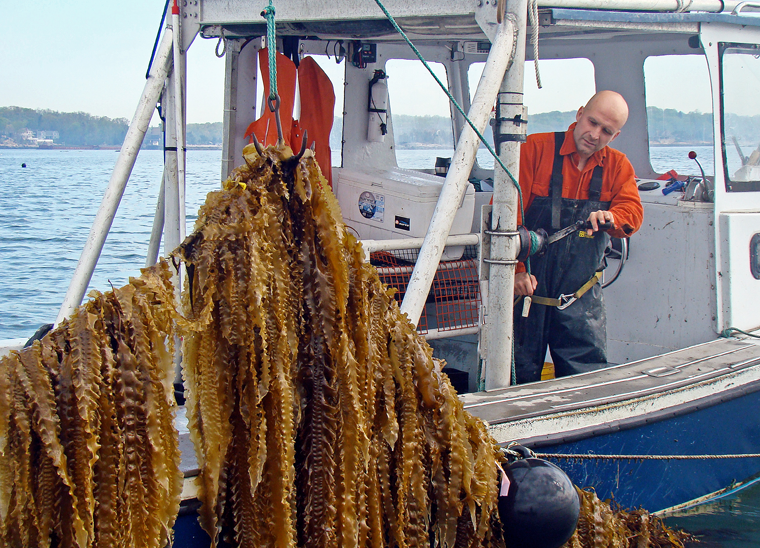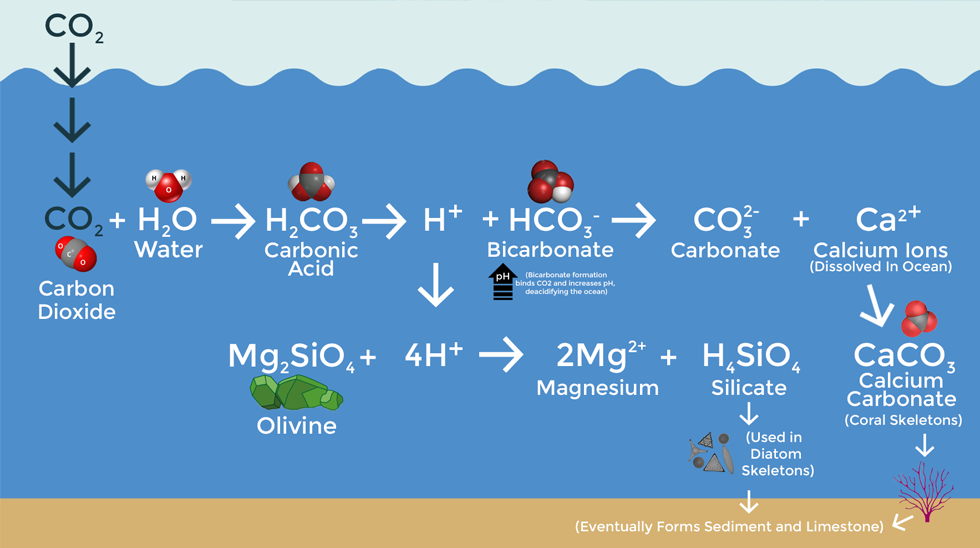On 8 June 2021, we celebrate World Ocean’s Day. This is a day when we recognize the wonder of the ocean and how it supports everything living on Earth. As the ‘Planet’ Ambassador for the TreadRight Foundation, who partner with the Travel Corporation (TTC), the ocean represents many things to me.
As an environmentalist, I appreciate the ocean as an invaluable resource that is home to some of the world’s most incredible species. As a mother, I value it as a source of endless fascination for my nine-year-old son and as an explorer, it provides inspiration and adventure. What some people don’t realize is that it’s also an enormous source of hope for our future.
Protection and Potential
When we advocate for the protection of our world’s waters, there’s a tendency to scare readers with gloomy scenarios resulting from the litany of risks facing our oceans. I prefer to instil hope by presenting the potential within our oceans to heal some of the damage we have caused our environment in the past century.
The wellbeing of humanity relies on the wellbeing of our planet. It can feel like we’re facing an endless list of challenges, however potential solutions to address climate change are steadily growing, and the answers may lie in those waters, if we protect them.
Prevention is key to protecting our oceans. We need to stop the eight million pieces of plastic that end up in our waters daily. Once we eliminate plastic waste from our oceans, we can unlock a natural means to reduce our excessive carbon footprint and empower climate action.
Natural climate solution could provide more than a third of the CO2 mitigation needed until 2030, according to the “Let Nature Help” report by Wildlife Trust. Our oceans can absorb 20-35% of human-made CO2 emissions every year, which is a huge help in terms of combating climate change. Recently, global powers have begun recognizing this, with the USA and Canada recently committing to nature-based solutions to fight climate change and the UK introducing regulations to restore nature on the path to carbon removal.
Marine-based Projects for Carbon Removal
I believe each of us is key in bringing about a solution. We have big, bold ideas of how nature can heal supported by scientific research. My role over the past ten years with the TreadRight Foundation is to amplify the sustainable travel initiatives worldwide that are made possible by the Travel Corporation’s support.
Climate change is a critical issue for Insight Vacations, and it aims to address it through the Travel Corporations Climate Action Plan. This five-point plan includes measurable goals as part of a commitment to reach net-zero emissions by 2030.

In line with this, two of the projects TreadRight has partnered with this year are marine based carbon removal solutions. The first is GreenWave, a regenerative ocean farming organization and the other is Project Vesta, who are exploring the natural capacity of the ocean as a carbon sink.
Kelp and Olivine Providing Hope
GreenWave are TreadRight’s first carbon removal partner, and members of its organization study how kelp can be added to soil, increasing its carbon storage potential while decreasing harmful nitrous oxide emissions on regenerative land farms. Evidence suggests that it minimizes the need for fertilizer and also reduces nitrous oxide emissions from the soil. Should GreenWave’s pilot project prove that kelp is effective, this could have a resounding effect on climate change while providing the opportunity for regenerative ocean and land farms to work together for the good of the planet.

Bren cranking up the kelp line.
Project Vesta is on a mission to harness the natural power of the ocean and remove a trillion tonnes of excess carbon dioxide from the atmosphere. They take a naturally occurring rock that we have an abundance of, olivine, crush it and redistribute it to coastal areas where it can be naturally weathered by the waves. As it breaks down, carbon dioxide is removed from the air, eventually ending up as limestone on the ocean floor. This both reduces the carbon in the air and the level of acidity in the ocean. Recent research proves that the chemistry works and suggests that it is a highly affordable, scalable solution for our seas.

Olivine Weathering Reaction.
The potential is there for olivine to capture one gigaton (GT) of carbon dioxide per year if deployed on just 0.25% of global shelf seas, which is roughly equal to the amount of carbon that 16 billion trees growing for ten years could remove from the air. Project Vesta currently has pilot beaches in the Caribbean and is studying a natural olivine sand beach in Hawaii. Project Vesta aim to establish the validity of the process, while ensuring that it is ecologically sound before it can be replicated worldwide.
MAKE TRAVEL MATTER®
These projects are harnessing the incredible power of the ocean to ultimately benefit us and the future of our planet. It’s amazing that nature can be used in this way to provide the solutions required for climate change.
I hope that the next time you look at the ocean, you can see the great promise it represents to change our world. I invite you to join me and Insight Vacations in taking the pledge to MAKE TRAVEL MATTER® and know that you’re traveling with a company who cares about the people, wildlife and our planet.



